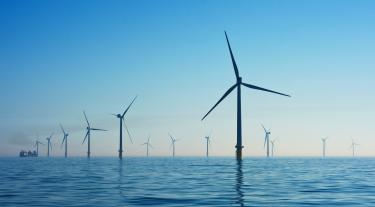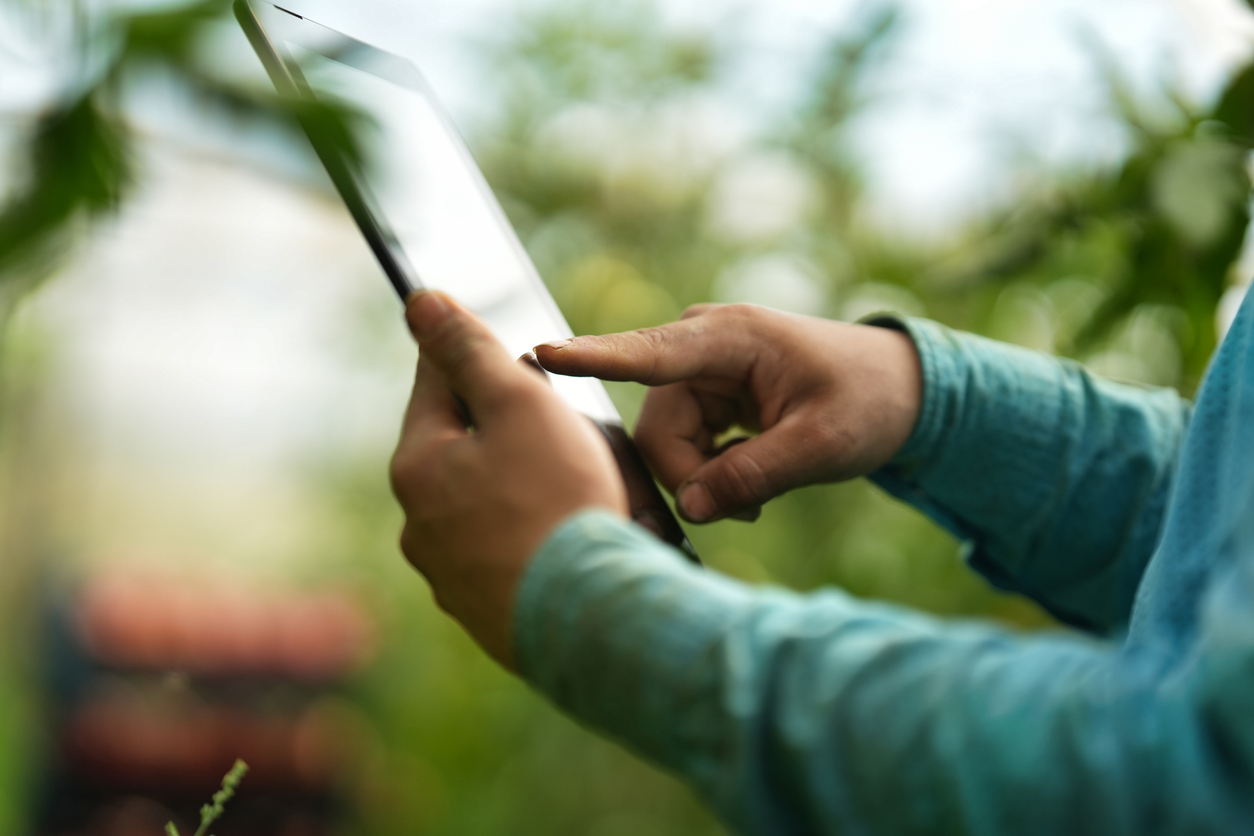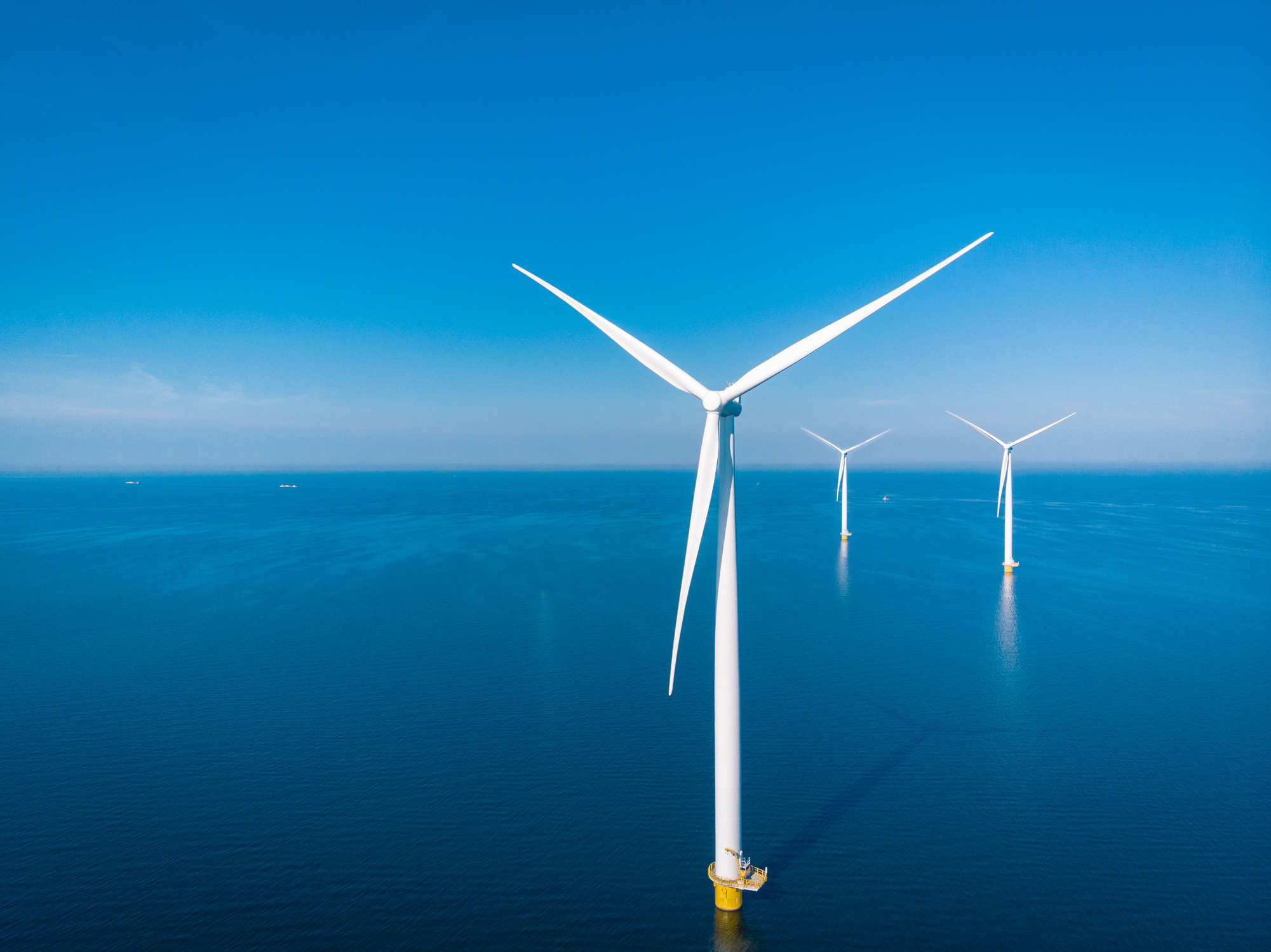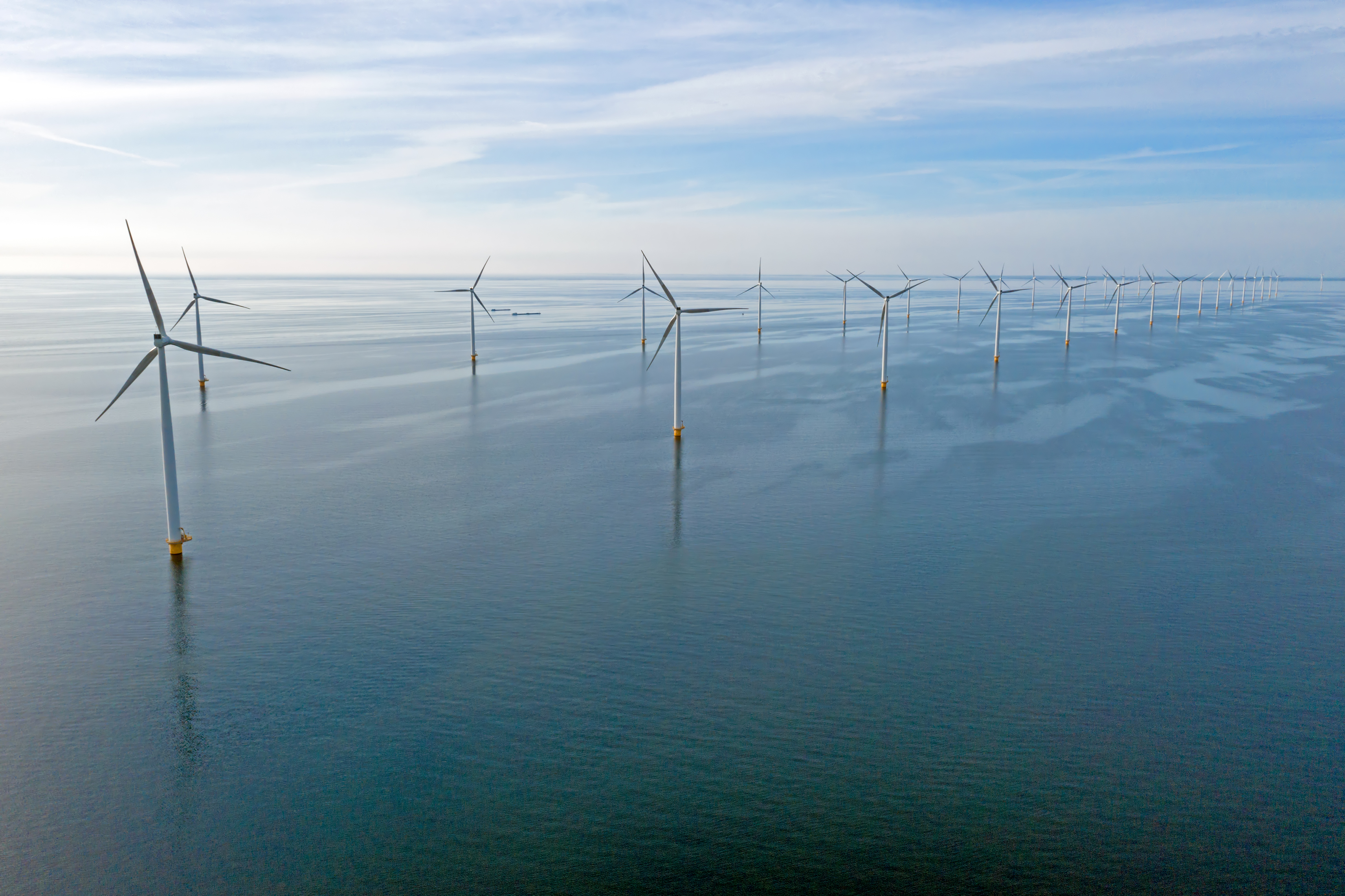New guidelines to improve the protection of cables for fixed offshore wind farms have been published today as part of the Offshore Wind Accelerator, a collaborative programme managed by the Carbon Trust in partnership with nine leading offshore wind developers.
Submarine power cables are vital components of an offshore wind farm installation as they enable the transmission of electricity between the turbines to the substation and eventually to shore. In recent years, multiple wind farms have experienced issues with failures of Cable Protection Systems (CPS).
A CPS is needed where the cables approach the foundations of a wind turbine generator and offshore substation to cover the exposed section where the cable needs to transition from burial in the seabed up to the wind turbine. The performance of a CPS is therefore key for maintaining cable integrity in offshore wind farm installations over the life of the system.
This exposed area can be subject to loading from the sea’s currents and waves. To ensure that the cables can withstand these loads, CPS are typically installed in this area. There are several distinctive designs and suppliers in the industry, with the components combining bend stiffeners, tubular elements, and/or bend restrictors.
The Cable Protection Systems Best Practice Guideline report developed by Wood and the Carbon Trust Offshore Wind Accelerator (OWA) focused on the connections between offshore wind cables and the turbine foundations that can be vulnerable to damage, seeking to address existing challenges and gaps in current CPS standards.
Jan Matthiesen, Director at the Carbon Trust said:
This is a fantastic resource for anyone involved in the operation or maintenance of fixed offshore wind developments. Consolidating industry knowledge and establishing consistent requirements will enhance the reliability and effectiveness of CPS. It is a welcome addition to the portfolio of industry guidance developed through our Offshore Wind Accelerator, addressing a gap in offshore wind development that has been needed for some time.
The guidance can be accessed on the Carbon Trust website and establishes best practice for CPS design, to be used by anyone involved in the development and operation of offshore wind farms. It also identifies fundamental ways to improve the safety of CPS and potentially drive down the costs of installing and maintaining cables.
Conor Murray, Consultant Engineer, Wood said:
“Wood is honoured to have supported the Carbon Trust and Offshore Wind Accelerator (OWA) in developing this Best Practice Guidance for CPS Design. The OWA programme stands at the forefront of innovation to drive down costs and develop solutions to complex engineering challenges in offshore wind. “Wood strives to support the industry in this space and looks forward to continuing this working relationship to accelerate the industry towards its low-carbon goals. “This report intends to offer a consistent and standardised set of guidelines for CPS system design for all stakeholders involved in developing offshore wind farms to reinforce the efficient and economical development of this sector.
The project was initiated by a working group of OWA focused on cables, with the Carbon Trust bringing together experts from nine offshore wind developers, including: SSE Renewables Developments (UK) Limited, Ørsted Wind Power A/S, RWE Offshore Wind GmbH, ScottishPower Renewables (UK) Limited, Equinor ASA, Vattenfall Vindkraft A/S, EnBW Energie Baden-Württemberg AG, Shell Global Solutions International B.V. and TotalEnergies OneTech.
Notes to editors
For further information please contact:
The Carbon Trust press office on +44 (0)20 7170 7050 or press@carbontrust.com.
The Cable Protection System Best Practice Guideline report can be accessed on the Carbon Trust website.
About the Offshore Wind Accelerator
The Offshore Wind Accelerator (“OWA”) is an industry-driven collaborative research, development and demonstration programme which was initially launched by the Carbon Trust in 2008 in collaboration with five offshore wind developers. The programme has since expanded during OWA Stages I, II, III and IV to include currently nine offshore wind developers from various countries within the European Economic Area (the “OWA Partners”) – SSE Renewables Developments (UK) Limited, Ørsted Wind Power A/S, RWE Offshore Wind GmbH, ScottishPower Renewables (UK) Limited, Equinor ASA, Vattenfall Vindkraft A/S, EnBW Energie Baden-Württemberg AG, Shell Global Solutions International B.V. and TotalEnergies OneTech.
OWA Stage IV, dated 27th October 2020, aims to continue the cost reduction of offshore wind to make it cost competitive with other sources of energy generation, overcome market barriers, develop industry best practice, trigger the development of new industry standards and support the international expansion of offshore wind.
About the Carbon Trust
The Carbon Trust is a global climate consultancy driven by the mission to accelerate the move to a decarbonised future. We have been climate pioneers for over 20 years, partnering with businesses, governments and financial institutions to drive positive climate action. From strategic planning and target setting to activation and communication - we turn ambition into impact. To date, our 400 experts have helped set 200+ science-based targets and guided 3,000+ organisations and cities across five continents on their route to Net Zero.





